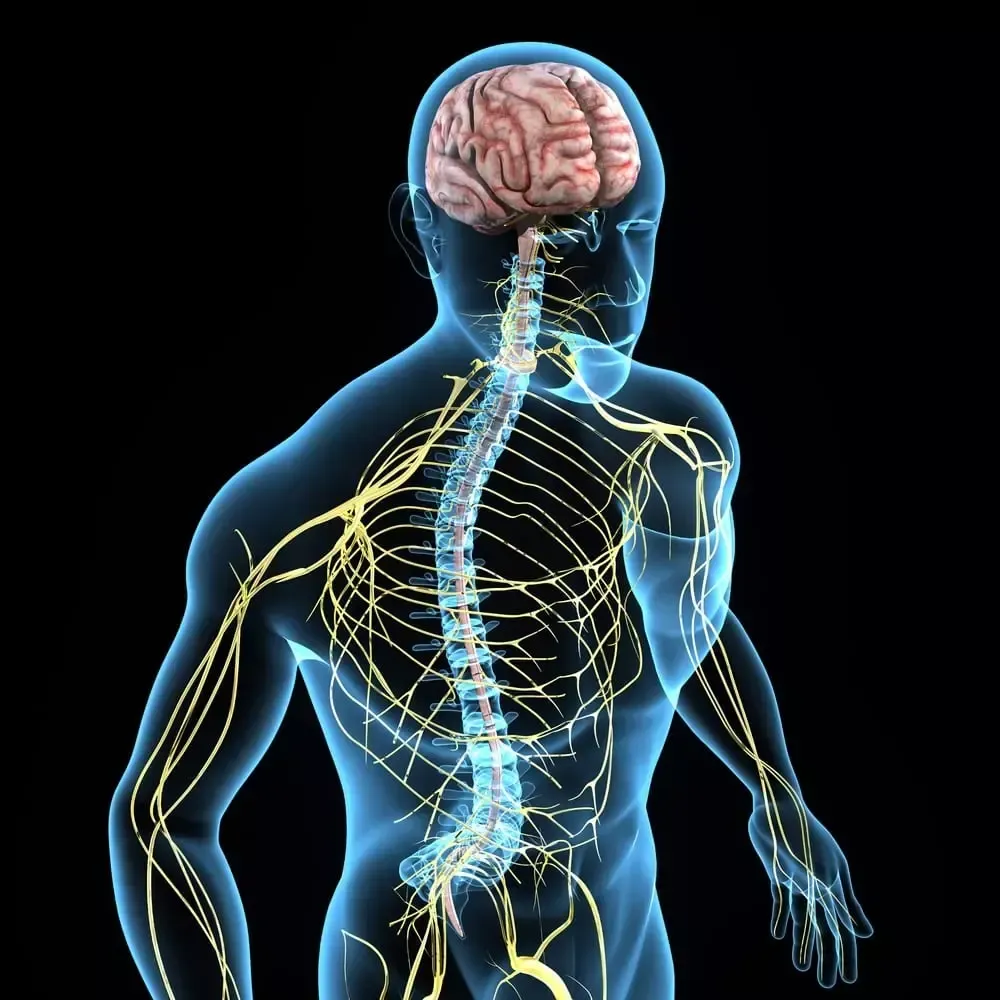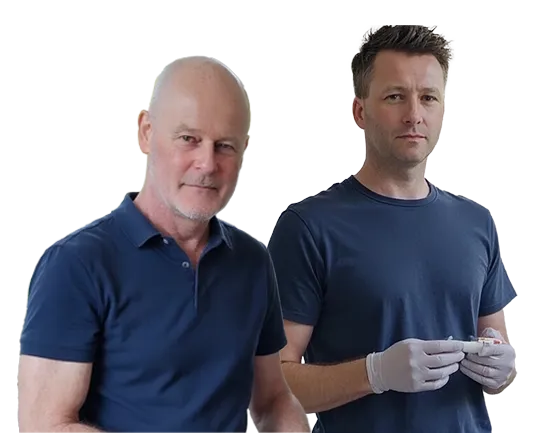Neurological Rehabilitation
Neurological Rehabilitation: Supporting Recovery and Enhancing Quality of Life
Neurological rehabilitation is a specialised form of therapy designed to aid individuals affected by neurological conditions. These conditions can have profound effects on a person’s ability to move, communicate, and carry out daily activities, impacting quality of life. Neurological rehabilitation aims to improve function, reduce symptoms, and help individuals live as independently as possible.
At Physio Barnsley, we understand the unique challenges that come with neurological conditions. Our experienced physiotherapists are here to support you with comprehensive rehabilitation programmes tailored to your specific needs and goals.

What Is Neurological Rehabilitation?
Neurological rehabilitation is a specialised therapeutic approach for people affected by disorders of the nervous system, which includes the brain, spinal cord, and peripheral nerves. This type of rehabilitation uses a combination of physical, occupational, and speech therapies to address a variety of symptoms and improve functional independence.
Neurological rehabilitation is beneficial for individuals with various conditions, including:
Stroke
Stroke survivors often experience weakness, paralysis, and loss of function, which neurological rehabilitation can help address.
Multiple Sclerosis (MS): MS is a progressive disease that affects the central nervous system, leading to symptoms like muscle weakness, fatigue, and impaired coordination.
Parkinson’s Disease
This condition affects movement and can lead to tremors, rigidity, and difficulty with balance and coordination.
Brain Injury
Traumatic brain injuries can lead to a wide range of physical, cognitive, and emotional challenges.
Spinal Cord Injury
Injuries to the spinal cord can result in partial or complete loss of movement and sensation.
Neuropathy
Peripheral nerve damage, or neuropathy, can cause pain, weakness, and sensory changes.
The Goals of Neurological Rehabilitation
The ultimate goal of neurological rehabilitation is to help individuals regain as much function as possible, manage symptoms, and improve quality of life. The specific goals of a neurological rehabilitation programme will vary based on each person’s condition and needs, but common objectives include:
Improving Mobility
Helping individuals regain the ability to walk, stand, and move safely.
Enhancing Balance and Coordination
Reducing the risk of falls and improving stability in day-to-day activities.
Restoring Strength and Endurance
Rebuilding muscle strength and stamina to support physical activity.
Increasing Independence
Equipping individuals with the skills and adaptations necessary to perform daily tasks.
Reducing Pain and Discomfort
Managing pain and muscle tension through various therapeutic techniques.
Improving Quality of Life
Empowering individuals to engage in hobbies, work, and social activities with confidence.
Core Components of Neurological Rehabilitation
Neurological rehabilitation is a multifaceted approach that combines several therapeutic techniques to address various challenges. Each programme is carefully designed based on individual needs, with physiotherapists, occupational therapists, and other healthcare professionals collaborating to provide holistic support.
Physical Therapy
Physical therapy is a key component of neurological rehabilitation, focusing on improving physical function, movement, and strength. Techniques used in physical therapy include:Gait Training
Helping individuals relearn to walk, often using assistive devices such as walkers or parallel bars to build strength and confidence.
Balance Exercises
Addressing balance issues through exercises that improve stability and coordination, which is particularly helpful for individuals at risk of falls.
Strengthening and Stretching
Targeted exercises to improve muscle strength and flexibility, which support mobility and reduce pain.
Manual Therapy
Hands-on techniques to improve joint function and reduce muscle stiffness.
Occupational Therapy
Occupational therapy focuses on helping individuals develop the skills needed for daily activities, such as dressing, cooking, and personal care. Through adaptive techniques and tools, occupational therapists work with individuals to:
Enhance Fine Motor Skills
Improving control over hand and finger movements for tasks like writing or buttoning clothes.
Promote Independence in Daily Tasks
Providing strategies to simplify or adapt tasks, allowing individuals to perform activities independently.
Improve Cognitive Function
For those with memory, attention, or planning difficulties, occupational therapy includes exercises and strategies to enhance cognitive function.
Speech and Language Therapy
For individuals with speech or swallowing difficulties, speech and language therapy is an essential part of neurological rehabilitation. Common goals of this therapy include:
Improving Communication
Helping individuals regain the ability to speak clearly and express themselves effectively.
Strengthening Swallowing Function
Addressing swallowing issues to reduce the risk of choking and improve overall nutrition.
Enhancing Cognitive-Communication
Supporting memory, attention, and problem-solving skills that impact communication.
Neuromuscular Re-Education
Neuromuscular re-education focuses on retraining the muscles and nerves to work together effectively. Techniques often include:
Postural Training
Teaching proper alignment to improve balance, coordination, and core strength.
Proprioceptive Training
Enhancing awareness of body position and movement, which can improve coordination and reduce injury risk.
Functional Electrical Stimulation (FES)
Using small electrical impulses to activate muscles, helping individuals regain control over weakened muscles.
Pain Management
Chronic pain is common in many neurological conditions. Physiotherapists employ various techniques to manage pain, including:Manual Therapy
Hands-on techniques to relieve tension in muscles and joints.
Heat and Cold Therapy
Applying heat or cold packs to reduce pain and inflammation.
Relaxation Techniques
Techniques such as breathing exercises and guided imagery to manage pain and reduce stress.
Functional Mobility Training
Functional mobility training teaches individuals how to move safely and efficiently, whether getting in and out of bed, transferring to a chair, or navigating stairs. This training is particularly beneficial for those with balance or coordination issues.
Key Benefits of Neurological Rehabilitation
Neurological rehabilitation offers numerous benefits that can positively impact an individual’s recovery journey:
Improved Physical Function: Rehabilitation helps individuals regain essential motor skills and physical abilities, improving mobility and independence.
Enhanced Confidence and Quality of Life: As individuals regain function and control, they often experience improved self-esteem and a renewed sense of purpose.
Increased Safety: By addressing issues like balance and coordination, neurological rehabilitation reduces the risk of falls and injuries.
Symptom Management: Through targeted exercises and techniques, rehabilitation can help manage symptoms such as pain, muscle stiffness, and fatigue.
Greater Independence: Neurological rehabilitation empowers individuals with the tools to manage daily tasks independently, contributing to an improved quality of life.
Building a Supportive Environment
At Physio Barnsley, we believe that a supportive environment is essential to effective rehabilitation. We create a space where individuals feel encouraged and motivated to work towards their goals, with compassionate physiotherapists guiding every step of the way.
Our approach to neurological rehabilitation involves close collaboration with patients and their families, providing education and resources to support recovery both during and beyond therapy sessions. By helping individuals understand their condition and the steps they can take to improve, we foster a sense of empowerment and resilience.
Who Can Benefit from Neurological Rehabilitation?
Neurological rehabilitation can benefit a wide range of individuals, from those who have experienced a recent neurological event, such as a stroke, to those managing progressive conditions like Parkinson’s disease or multiple sclerosis. Our team assesses each person’s unique needs and tailors a rehabilitation plan that reflects their goals, abilities, and lifestyle.
Whether you’re seeking to regain independence after a stroke, manage symptoms of a chronic condition, or improve mobility, our neurological rehabilitation programme is designed to meet your specific needs.
The Path to Recovery
Recovering from a neurological condition can be a long and challenging journey. At Physio Barnsley, our team is dedicated to supporting you at every stage, helping you regain function, improve quality of life, and achieve meaningful progress. We work with you to set realistic goals, celebrate milestones, and adapt therapy as needed to ensure the best possible outcome.
If you or a loved one are seeking neurological rehabilitation services, get in touch with Physio Barnsley today to learn more about how our experienced team can support your journey towards recovery.
Your Health Journey Begins Here – All Ages & Conditions Welcome!


Physio Barnsley was founded in 2004 by Peter Hartley. Together the clinical team provide revolutionary treatments unlike any other physiotherapy clinic in the UK.
Our Services
Connect With Us
50 Cannon Way
Claycliffe Business Park
Barugh Green
Barnsley
S75 1JU
© Physio Barnsley. 2026. All Rights Reserved.











